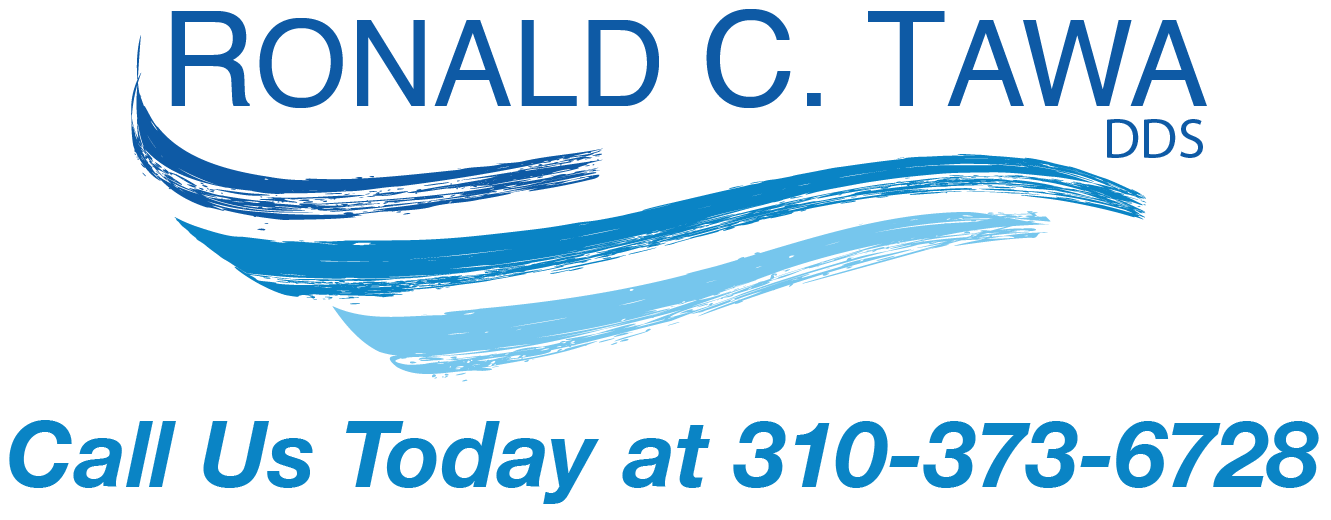People with sleep apnea often sleep with their mouth open. This can result in their saliva drying out and they wake up in the morning with a dry mouth. Saliva has a protective effect on the teeth. Saliva keeps the acidity of the mouth regulated and helps protect against bacterial infection. The bacteria can exist in plaque and they can cause damage by releasing acids that break down the protective enamel of the tooth. In the absence of saliva the teeth are more prone to decay. Besides the potential cavity issue, there are many health risks associated with sleep apnea such as heart attack, stroke, diabetes, high blood pressure, depression, etc. According to the AASM, patients untreated for moderate to severe sleep apnea had a decreased life expectancy of 8 – 11 years as opposed to patients that were treated for the same condition.
If you are experiencing a dry mouth in the morning and/or your partner or spouse has mentioned that you sometimes stop breathing during your sleep, you may want to have a sleep study done immediately.
3977 Pacific Coast Highway
Torrance, California 90505
310-373-6728
Your Custom Text Here
